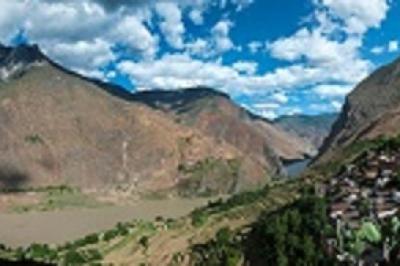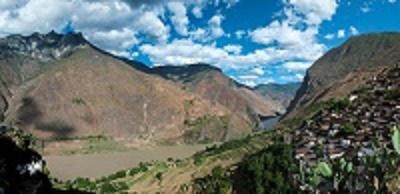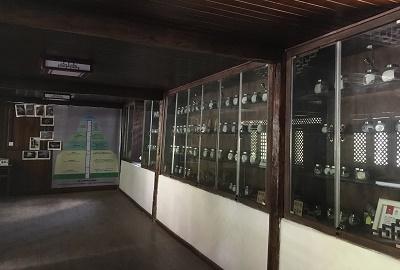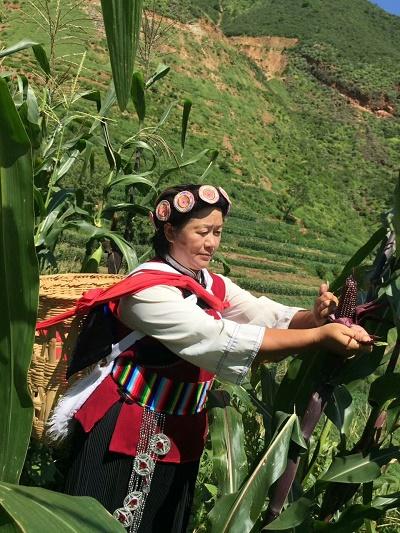The sustainability of agriculture in the Stone Village depends heavily on its irrigation system and diversified landraces, which play important roles in the livelihoods and spirituality of the villagers. In recent years, traditional farming in the Stone Village has been facing many challenges due to the rapid economic development process and the negative impacts of climate change. In particular, the native crops and traditional seeds planted and saved by local farmers were losing and traditional farming knowledge is also diminishing at an alarming speed.
To respond to the challenges of rapid economic development and climate change, and to raise local farmers’ awareness on environmental and climate vulnerability, this project targeted two thematic areas:
- in-situ conservation, management and sustainable utilization of landraces
- collaborative and participatory platform for farmers and external agencies
Project outcomes
- establishment of in-situ conservation mechanism for enhancing local seed system, including participatory plant breeding (PPB) trials and establishment of community seed bank (CSB) led by farmers
- formation of participatory learning groups, including farmers, supported by researchers from the Centre for Chinese Agricultural Policy (CCAP) and Guangxi Maize Research Institute (GMRI) and facilitators from Farmers' Seed Network (FSN)
This case study highlights the traditional agricultural heritage, as practiced at the Stone Village that could help to protect and revitalize traditional food crops, seeds and resilient farming and food systems. All of these would contribute to enhancing the global understanding on Ecosystem-based Adaptation (EbA) that emphasises local wisdom and knowledge systems.
Key lessons
- The farming system in Stone Village shows how indigenous people manage and make use of natural resources in a sustainable way and their knowledge system reflected in their livelihoods and spirituality.
- A holistic approach, including plant breeding, community development and indigenous culture conservation, can enhance natural resources management and traditional culture enhancement for climate change adaptation.
- Traditional knowledge management practices can be strengthened by joint efforts from public and private external parties that support and facilitate the community-led preservation of local management systems.
- In order to promote a community-based agrobiodiversity management and sustainable use which utilise both traditional knowledge and modern science, a supportive seed policy is needed to provide incentives and recognition for both farmers and scientists at local and national levels in order to protect smallholder farmers' interests on in-field conservation of seeds and promote agro-ecological farming practices and related diversified food systems.











